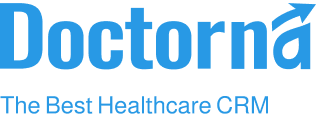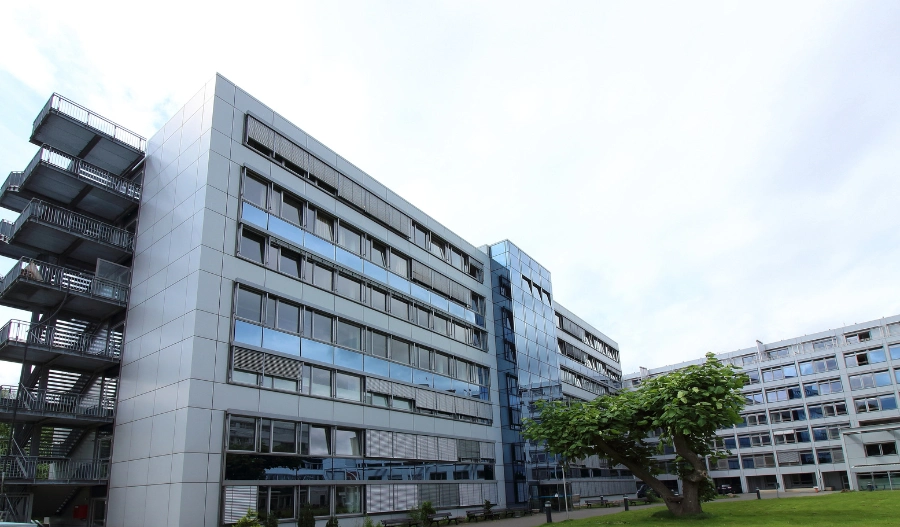A. The Importance of Care Coordination in Multi-Specialty Hospitals
Care coordination is identified as a key strategy to enhance effectiveness, safety and efficiency of a healthcare system. The World Health Organizations [WHO] defines care coordination as a proactive approach to bringing together care providers to meet the needs of patients to ensure they receive integrated, personalized focus across various settings. This means that the patient’s needs and preferences are identified in advance and communicated to the right team at the right time to provide safe and effective care.
Care coordination is a fundamental criterion that offers clarity and order within the complex healthcare ecosystems. It is an essential requirement for any healthcare system that seeks a sustainable and value-based future. A well-designed care coordination benefits multiple stakeholders in the health ecosystem, including the regulators, providers, healthcare professionals, and patients.
Moreover, adopting effective care coordination can enhance healthcare programs, including payment reforms, models of care, population health management, patient-centric care, and precision medicine.
Technology plays a crucial role in care coordination, as digital tools like CRM systems are necessary to prove timely, sufficient, accurate data to offer comprehensive care.
B. Exploring the Challenges of Care Coordination in Multi-Specialty Hospitals
As multi-specialty hospitals manage several departments and patients, there are various challenges that hinder effective care coordination. Let’s explore some of the common problems.
- Fragmentation of Patient Information: In a multi-specialty hospital, records from various departments are often stored in incompatible formats or isolated databases.
This fragmentation makes it difficult for healthcare providers to understand a patient’s entire medical history, potentially leading to inaccurate treatments or repeated procedures. A recent study on care fragmentation revealed that patients with multiple conditions often experienced frequent provider transitions and met several specialists.
Such fragmentation increased the likelihood of inappropriate medication and raised mortality rates. For example, patients with higher levels of provider transitions were 11 times more likely to experience adverse outcomes. This study reveals the necessity of centralized patient information and streamlined communication between providers – precisely what healthcare CRMs offer. - Communication Gaps: Another common challenge for multi-specialty hospitals is communication gap. As there are several departments and providers handling different aspects of patient care, there is a higher possibility of miscommunication. Hand-offs between departments can be incomplete or delayed, which can cause serious consequences in patient care.
- Lack of Visibility into Patient’s Journey: Multi-specialty hospitals often struggle to keep track of patients as they move specialties for diagnosis, treatment, or follow-up. Lack of visibility into the patient’s journey makes it difficult to detect concerns, monitor progress, or intervene when problems arise.
Let’s look at how healthcare CRM systems solve these complex issues.
C. How Healthcare CRM Solutions Address Care Coordination Challenges
Healthcare CRM system offer features that efficiently solves care coordination challenges that arise at multi-specialty hospitals.
- Unified Patient Data Management: Healthcare CRM solutions provide a centralized hub of patient information where data is stored and updated, accessible to any authorized provider within the hospital. This reduces the risk of repeated tests, cuts down unnecessary paperwork, and minimizes confusion. When healthcare providers have access to updated information, they are better equipped to make timely and accurate decisions.
- Automated Alerts and Notifications: Healthcare CRM systems generate automated alerts when critical events occur, for instance abnormal lab results, missed appointments, or urgent follow-ups. This helps healthcare providers to respond efficiently to patient’s conditions, thus enhancing patient safety and care delivery.
- Enhanced Patient Engagement and Satisfaction: Healthcare CRM solutions generate automated appointment reminders, follow-up messages, and relevant educational content to enhance patient engagement. When multi-specialty hospitals adopt a patient-centric approach, they can significantly improve satisfaction and retention.
- Data-Driven Insights for Continuous Improvement: Healthcare CRMs can analyze data from across the hospitals, forecast trends, and understand behavioral patterns. This detailed analysis allows hospitals to adjust their resources, streamline processes, and implement the best practices to further improve care delivery.
D. Conclusion
Healthcare CRM systems have the potential to enhance care coordination in multi-specialty hospitals by creating unified patient data management, enhancing patient communication, and providing data-driven insights.







